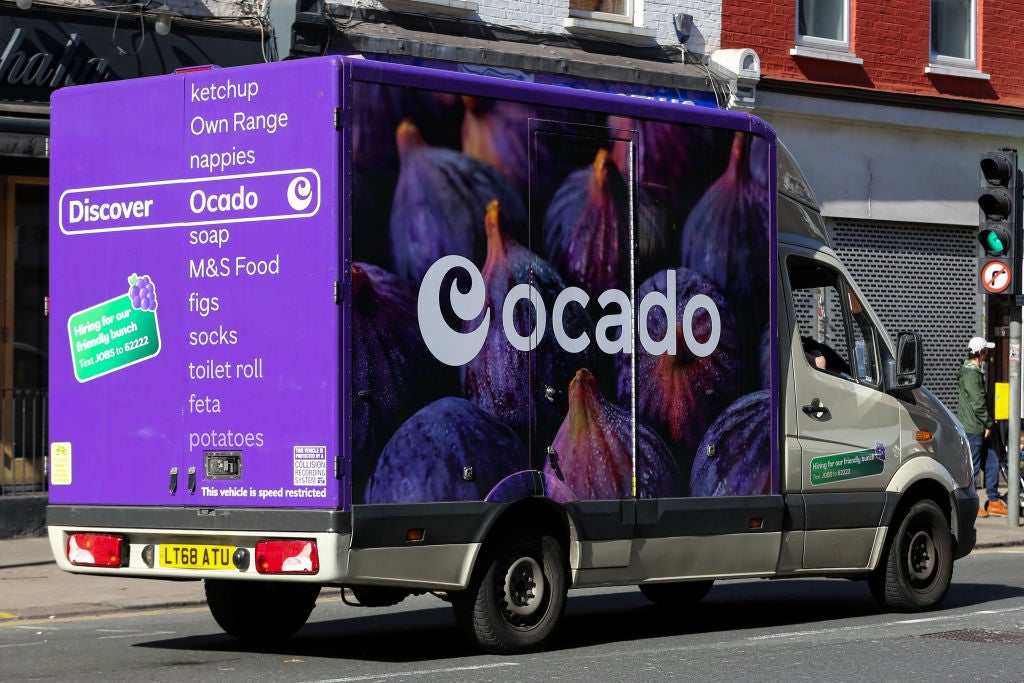
Publishers from around the world feel that technology firms such as Facebook, YouTube and Google did not do enough last year to combat misinformation on their platforms, according to research published today by the Reuters Institute for Journalism.
In a survey of 233 digital leaders from 32 countries that included editors in chief, CEOs and heads of digital, just 17% said that Facebook did enough in 2019 to tackle misinformation across its platforms, which include WhatsApp and Instagram.
Facebook has drawn criticism for letting politicians purchase political ads that contain lies and for the way it handled adverts for vaccinations, among other examples.
The poor response from media leaders comes despite Facebook “removing billions of accounts, stepping up funding for fact-checking, and increasing transparency around political advertising”, the report said.
In the report, titled ‘Journalism, Media and Technology Trends and Predictions for 2020’, none of the major tech platforms won plaudits for their handling of misinformation.
YouTube was only viewed as marginally better than Facebook, with just 18% believing that the video-sharing platform went far enough in its efforts over the past year. The firm’s recommendation algorithms have come under fire for pushing users towards sensationalist content such as conspiracy theories.
How well do you really know your competitors?
Access the most comprehensive Company Profiles on the market, powered by GlobalData. Save hours of research. Gain competitive edge.

Thank you!
Your download email will arrive shortly
Not ready to buy yet? Download a free sample
We are confident about the unique quality of our Company Profiles. However, we want you to make the most beneficial decision for your business, so we offer a free sample that you can download by submitting the below form
By GlobalDataYoutube’s parent company Google scored 34% after changes to its algorithms “surfaced more original and local journalism in results”.
Twitter was deemed to have done the most in tackling misinformation at 41%, which was possibly influenced by its recent decision to ban all political advertising on the social media platform.
The tech platforms that supported journalism most
Google (60%) and Twitter (33%) were both considered better than Apple (26%) and Facebook (25%) for supporting journalism, followed by Snapchat (12%) and Amazon (7%). The report said Google’s innovation funds provided to journalistic outlets contributed to its higher score.
It adds that “Facebook’s lower score may reflect historic distrust from publishers after a series of changes of product strategy which left some publishers financially exposed”.
In 2015 Facebook provided inflated video metrics to advertisers and media companies, which lead to greater investment into video strategies. After inaccuracies in the figures became apparent, hundreds of journalists subsequently lost their jobs. In October 2019 Facebook agreed to pay a $40m settlement to advertisers.
One UK publisher that did one wish to be named said: “All the tech platforms spend a tiny fraction of their vast revenues and technology resources on this area, despite fair, transparent media being an absolutely vital ingredient of a healthy, functioning democracy. Most of their efforts feel like lip service to appease regulators.”
Do publishers want greater regulation of tech platforms?
Tech platforms are not considered publishers and therefore not legally responsible for the content posted on them by users. But despite the clear pattern of distrust in tech platforms, journalistic outlets had mixed views on whether regulating tech platforms is the way forward. A quarter of publishers said that policy intervention is likely to do more harm than good. Some 18% said that greater regulation of tech platforms would help, but the majority (56%) said it would make no difference.
“Few of the platforms take the business of journalism seriously. Funds and small bits of industry engagement won’t cut it. The industry needs real and meaningful business models for journalism. Apple News+ achieves the opposite, which is profiteering for Apple while conditions for publishers are appalling,” said a global publisher that did not wish to be named.
Apple News has become something of a black box. In the UK a small team of journalists in Apple’s employment are responsible for selecting stories from other outlets to push to its 11 million UK users via the pre-installed Apple News app.
Looking ahead, 53% of respondents said podcast initiatives would be important for them this year. Similarly, 52% said that AI-driven initiatives, such as automated content, would be very important for their publication this year.
Read more: Facebook political advertising is “not democracy”: Margrethe Vestager







